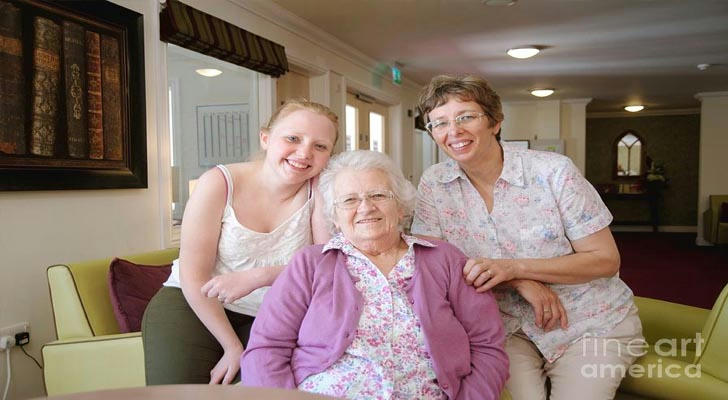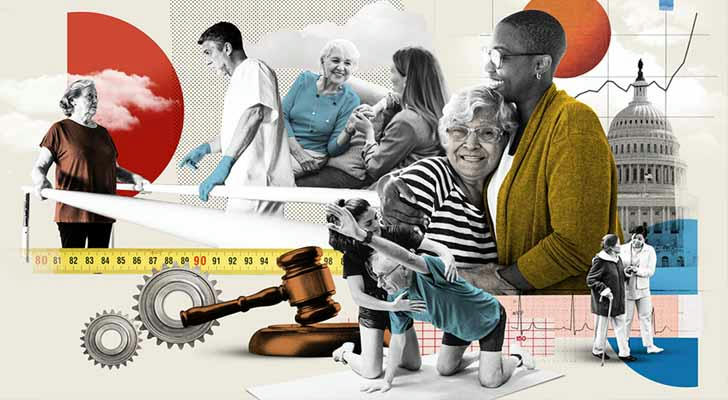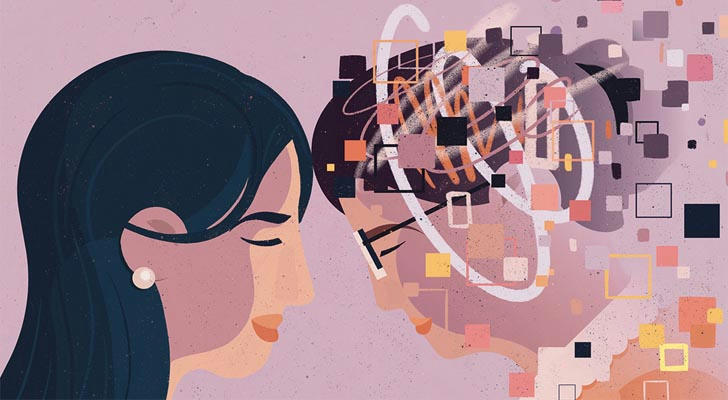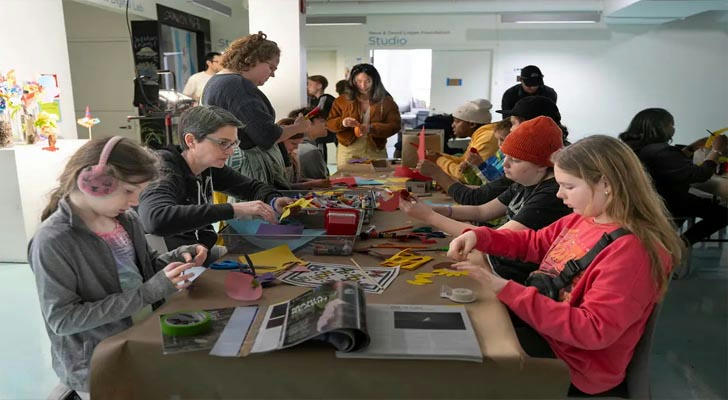The Art and Science of Family Caregiving: A Journey of Love, Learning, and Laughter
Caregiving is one of the most universal yet deeply personal experiences in life. Whether you’re helping an aging parent, supporting a spouse with a chronic illness, or caring for a child with special needs, family caregiving is a role that blends love, responsibility, and a whole lot of improvisation. It’s part science, part art, and entirely human. So, let’s dive into the fascinating world of family caregiving—where every day is a mix of challenges, triumphs, and the occasional burnt casserole. 🥘💖

What is Family Caregiving?
Family caregiving is the act of providing unpaid care to a loved one who needs assistance due to illness, disability, or aging. It’s not just about medical care; it’s about helping with daily tasks like cooking, cleaning, managing medications, and even offering emotional support. Think of it as being a nurse, chef, chauffeur, therapist, and cheerleader—all rolled into one.
What makes family caregiving unique is its deeply personal nature. Unlike professional caregivers, family caregivers often juggle their responsibilities alongside jobs, parenting, and their own personal lives. It’s a labor of love, but it’s also a steep learning curve.
The Science of Caregiving: What You Need to Know
Caregiving isn’t just about intuition; there’s a lot of science behind it. Here are some key areas where knowledge can make a big difference:
Medication Management
Keeping track of medications can feel like solving a Rubik’s Cube blindfolded. 🎯 From dosages to timing to potential side effects, it’s easy to get overwhelmed. Pro tip: Use pill organizers or smartphone apps to stay on top of things.Nutrition and Hydration
A balanced diet is crucial for health, but it’s not always easy to ensure your loved one is eating well. Sneak veggies into smoothies, experiment with flavorful recipes, and keep hydration front and center. (Hint: Sometimes, a fancy water bottle can make all the difference.)Mobility and Safety
Falls are a leading cause of injury among older adults. Simple changes like installing grab bars, removing tripping hazards, and encouraging gentle exercise can go a long way in keeping your loved one safe.Mental Health
Caregiving isn’t just about physical health; it’s about emotional well-being too. Loneliness and depression are common among care recipients, so regular conversations, shared activities, and even pet therapy can work wonders. 🐾

The Art of Caregiving: Creativity and Connection
While science provides the foundation, the art of caregiving lies in the little things—the moments of connection, creativity, and humor that make life meaningful.
For example, consider the power of storytelling. Sharing family stories or looking through old photo albums can spark joy and strengthen bonds. Or think about the role of music: Playing your loved one’s favorite songs can lift their spirits and even improve cognitive function. 🎶
And let’s not forget laughter. Yes, caregiving can be stressful, but finding humor in the small things—like the time you accidentally put salt in the tea instead of sugar—can lighten the mood and create lasting memories.
A Case Study: The “Grandma’s Garden” Project
Meet Sarah, a 35-year-old mom of two who also cares for her 78-year-old grandmother, Margaret, who has early-stage dementia. At first, Sarah struggled to balance her responsibilities and felt guilty about not doing enough. Then, she had an idea: Why not create a small garden in their backyard?
Margaret had always loved gardening, and Sarah thought it might be a way to engage her grandmother while also teaching her kids about nature. They started with a few pots of herbs and tomatoes, and soon, the garden became a family project. Margaret’s face lit up as she taught her great-grandchildren how to plant seeds, and Sarah found that the simple act of gardening brought a sense of calm and purpose to their days.
The “Grandma’s Garden” project didn’t just grow plants—it grew connections. It became a space where generations could come together, share stories, and create something beautiful. For Sarah, it was a reminder that caregiving isn’t just about tasks; it’s about creating moments of joy and meaning. 🌱🌻

The Challenges of Caregiving (and How to Navigate Them)
Let’s be real: Caregiving isn’t always sunshine and roses. It can be exhausting, frustrating, and emotionally draining. Here are some common challenges and tips for navigating them:
Burnout
Caregiver burnout is real, and it’s important to recognize the signs: fatigue, irritability, and feeling overwhelmed. The solution? Take breaks, ask for help, and remember that self-care isn’t selfish—it’s essential.Financial Strain
Caregiving can be expensive, from medical bills to home modifications. Look into resources like government programs, nonprofit organizations, and community support groups to ease the financial burden.Family Dynamics
Caregiving can strain relationships, especially when siblings or other family members have different opinions. Open communication and setting clear boundaries can help keep the peace.Guilt
Many caregivers struggle with guilt, feeling like they’re not doing enough. Remember: You’re human, and it’s okay to make mistakes. What matters is the love and effort you put into your role.

The Joys of Caregiving: Why It’s Worth It
Despite the challenges, caregiving is also filled with moments of profound joy and fulfillment. It’s in the smile your loved one gives you when you bring them their favorite meal, the laughter you share over an inside joke, or the quiet moments of connection that remind you why you’re doing this in the first place.
Caregiving is a journey—one that teaches patience, resilience, and the true meaning of love. It’s not always easy, but it’s always meaningful.
Final Thoughts: You’re Not Alone
If there’s one thing to take away from this, it’s that caregiving is a shared experience. Millions of people around the world are on this journey with you, and there’s a wealth of resources, communities, and support systems to help you along the way.
So, whether you’re a seasoned caregiver or just starting out, remember this: You’re doing something extraordinary. And while it may not always feel like it, you’re making a difference—one day, one moment, and one burnt casserole at a time. 💕
What’s your caregiving story? Share your experiences, tips, or funny moments in the comments below! Let’s celebrate the unsung heroes of family caregiving together. 😊
